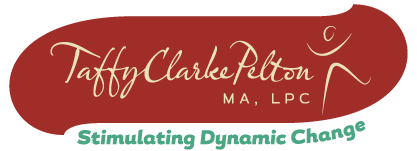
I created this handout on Coaching Communication Techniques for the Psychiatric Disorders class at Ashland Institute of Massage, but these skills are actually useful for anyone in dialogue with others. When we are trained in a profession, we oftentimes feel compelled to advise others on what we think they should do. People are much more responsive to receiving advice if they request it, however. When we impose our own agenda on someone else, they are more likely to resist what we have to say. Following the guidelines below encourages them to share their deeper selves.
Counseling Skills
- Use mindful listening
- Give reflective responses
- Avoid giving advice
- Stay in beginner’s mind
- Be curious
- Avoid asking the “why” questions
- Check in, check in
- Curb the need to “fix” or resolve client’s problems
- Assume the client is whole and has the resources to know what’s best for him or her
Below are basic open-ended questions used by trained coaches. Designed to stimulate the creative process, these questions limiting the responder to a particular set of answers. Also note that there are no “why” questions. “Why” questions do not always yield productive responses and can lead to answers that require deeper psychotherapeutic skills.
Basic Questions
- What would help you with this?
- What do you need most right now?
- How can you take care of that?
- What do you need to add/subtract from your life that will help you with this?
- Who can help you with this?
- Are you seeking help with this?
- Who do you know that can help you with this?
- What does your inner wisdom say about this?
- What has your experience taught you about this?
- How will you know when/if you need the help of an expert?
- What is your strategy for that?
- How might that happen?
- How have you been successful with this in the past?
